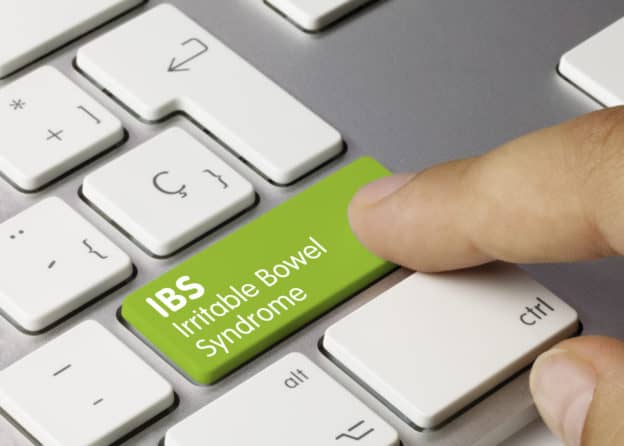It is a confusing topic. One that comes up a LOT in my world. People don’t know what IBS is or what IBD is or what the difference is. Why would you? I get it. Even health professionals say it wrong. (I have heard trained colleagues call it irritable bowel disease. Not it). So, let’s clear it up!
IBS stands for Irritable Bowel Syndrome. Irritable bowel describes the syndrome of symptoms; bloating, diarrhea, constipation, pain. This is a syndrome not a disease because there is nothing ‘wrong’ with the digestive tract. On all medical tests, people with IBS come up ‘normal’. They don’t have another diagnosis so the doctors call it IBS and send them on their way. Why? Because in conventional medicine, IBS is a group of symptoms for which there is no cause or treatment. (This couldn’t be more wrong. Those of us in the functional medicine world know that there are several causes of IBS, all treatable.) These symptoms might be happening because of an imbalance in the microbiome, damage to the intestinal wall (leaky gut), food sensitivities or intolerances, or a sensitive gut-brain connection (stress and emotions cause the symptoms).
IBD stands for Inflammatory Bowel Disease. These diseases include Crohn’s and Ulcerative Colitis. Crohn’s can affect any part of the digestive tract, but usually the latter part of the small intestine. Colitis is only ever in the colon. People with IBD have visible inflammation and ulcers on the inside of their GI tract. These diseases are auto-immune, where the person’s own immune system is attacking the intestine. The symptoms include pain, bloating, diarrhea, weight loss, fever, and fatigue. The disease shows up on the conventional medicine tests. And the primary conventional treatment is anti-inflammatories and immune suppressants. But the patients all have the same underlying problems as stated above (imbalance in microbiome and leaky gut, etc) in addition to the self-driven inflammation.
Both conditions can be miserable to live with. But both are very treatable and manageable with diet, supplements, and other lifestyle interventions. For more information about how to treat these issues, check out my eBook!

